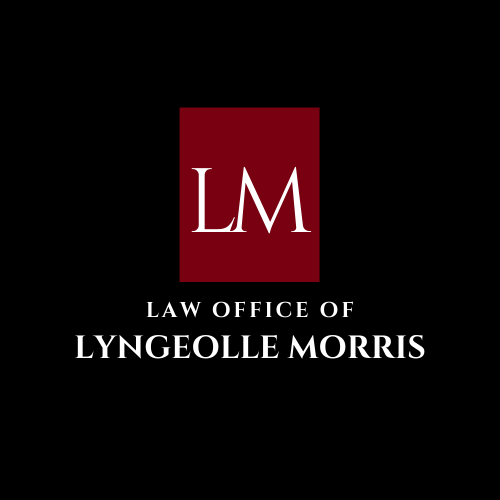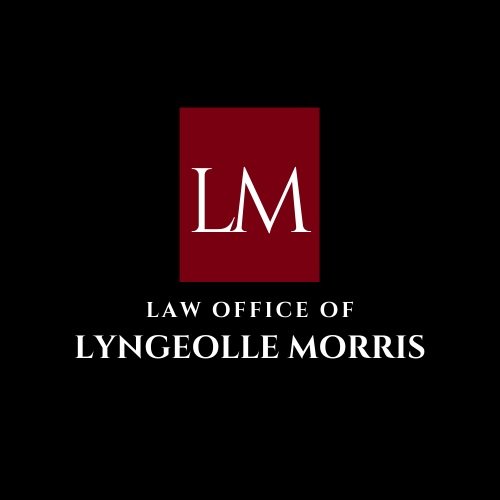Critical Legal Considerations When Selecting A Life Insurance Beneficiary
Putting life insurance in place can be an effective estate planning tool to help financially safeguard the future of your loved ones in the event of your death.
In this article, we will consider some frequently asked questions about naming life insurance beneficiaries within your life insurance policy, and how this may impact your estate planning wishes.
What is a Life Insurance Beneficiary?
A life insurance beneficiary refers to the individual or entity you name under an existing policy of insurance as the one to receive the death benefit. Subject to the terms and conditions of the insurance policy, the death benefit is the money that would be paid to the designated beneficiary, if your life insurance policy is still in effect at the time of your death.
When selecting the beneficiary under your insurance policy, you may nominate a specific person or persons under the policy or you may choose to nominate your estate.
Below, we will consider some of the frequently asked questions relating to the legal aspects of beneficiary designations under an insurance policy.
Toggle the ‘ + ‘ below for answers to the FAQ’s
-
No, the general rule is that your Will cannot override the terms of your policy as your policy represents a contract between you and the insurance company. (An exception to this can be found in FAQ #3 and #6.)
As the policyholder, the requirements to change a beneficiary will be defined under the policy provisions itself.
Typically, you will be required to formally notify your insurance company that you wish to change the beneficiary, in the manner outlined by them. It’s important to speak directly with your insurance representative about the policy terms and conditions with respect to changes to your beneficiary to ensure that everything is done to effect the change.
It should be noted, however, that your Last Will & Testament can supplement the terms of your policy. This is explained in more detail in FAQ #3 below.
-
By nominating your ‘estate’ as your beneficiary under your life insurance policy, this means that the death benefits will be distributed after the deceased policyholder’s estate has gone through the probate process.
If the deceased died intestate (without leaving a will or if there is no valid will) then the benefit would be distributed to your heirs based on Barbados intestacy rules. For more information on how these rules would apply to your particular situation, CLICK HERE.
-
By nominating your ‘estate’ as your beneficiary under your life insurance policy, this means that the death benefits will be distributed after the deceased policyholder’s estate has gone through the probate process.
If the deceased left a Will, the proceeds would be distributed in accordance with the provisions of your Last Will and testament.
-
In the same manner that you would review your Last Will & Testament, if you have one, a check-up on your life insurance policy is just as critical.
The reason for this is that your life can change at any moment, and therefore the circumstances surrounding your original beneficiary designation.
Ultimately, you will want to feel confident about the decision you have made regarding the person you have named as your life insurance beneficiary, and that it aligns with your estate planning wishes.
Below are some significant life events that may trigger you to revisit your beneficiary designation.
• Death of a named beneficiary
• Marriage, re-marriage or divorce
• The birth of your child or other family member
By having an awareness of these scenarios, you can be sure that you can put the proper planning in place to avoid unintended consequences.
-
Probate is the legal process required to administer the estate of the deceased including formally appointing the Personal Representative of the estate and dealing with the deceased’s property after they die.
Where there are named beneficiaries under your policy, the life insurance benefit will not be subject to probate proceedings.
However, where you have nominated your ‘estate’ as your beneficiary, then the benefit will be distributed after the probate process has concluded and in accordance with whether the deceased died ‘testate’ (with a Will) or ‘intestate’ (without a will / no valid will).
To learn more about how the probate process works, the following articles may be of interest:
• How To Settle Your Loved One’s Estate: The Probate Process Explained
• Dealing With The Affairs of a Loved One Who Has Died Without A Will
• How an Estate Is Settled If There Is No Will: Intestate Succession in Barbados
-
In the event that the named beneficiary under your policy dies, you should consider revisiting your policy. In some cases, you may have listed an alternative beneficiary within your policy and therefore that named individual would become the beneficiary.
If this is not the case, you may consider naming a new beneficiary, but you must notify the insurance company in order to effect this change.
Left unchanged, the death benefit would automatically form part of your estate, and would be distributed accordingly.
If your beneficiary is your ‘estate’ under your policy, you may also need to consider revisiting your Last Will & Testament as well, if you have one.
(See FAQs #2 and #3 for insight on how the death benefit would be distributed)
It’s important that you take the time to review your beneficiary designation periodically, to ensure that it accurately reflects your current circumstances and your wishes.
Best Practices When Naming Life Insurance Beneficiaries
Continually review your existing life insurance policies to ensure that they align with your present wishes
Consult your insurance professional or financial advisor about the consequences involved in naming beneficiaries and the options that are available to you
Consult your insurance professional or financial advisor about the process required to change beneficiaries or to add alternative beneficiaries if the need arises
Consult your attorney about ensuring that your life insurance beneficiary designations fall in line with your overall estate planning goals
When there is a need to make a change to your beneficiary designation, do so as expeditiously as you can to avoid unintended consequences. Ask your insurance professional how you can implement this change
Questions?
If you have any queries about life insurance beneficiary designations, such as the consequences of designating a beneficiary and how this can ultimately be incorporated into your estate plan, feel free to contact us by clicking here . We’d be delighted to discuss your needs at this time.


